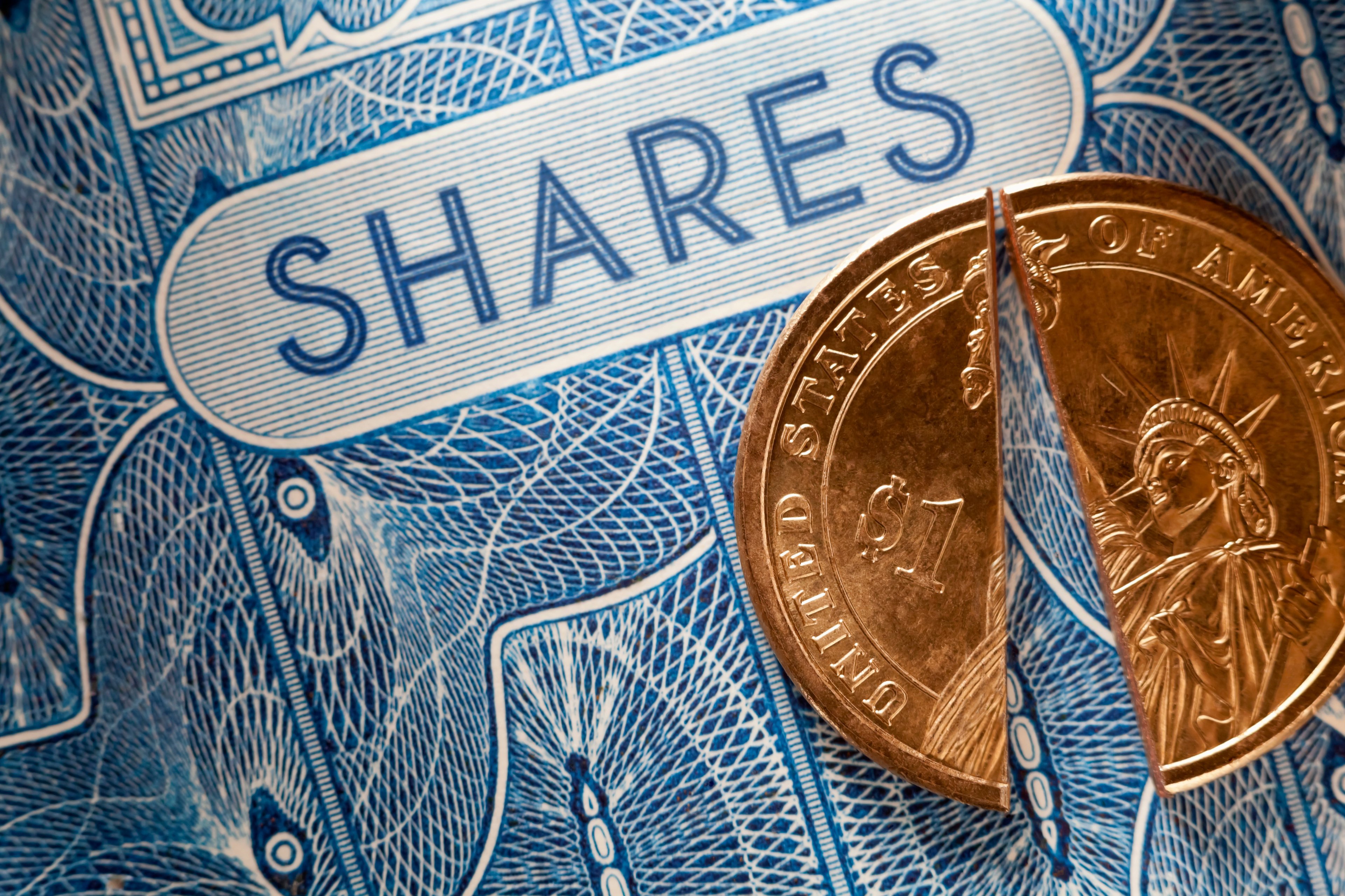
Source: OculusVR.com
Facebook (FB 1.34%) made waves back in March when it announced plans to purchase virtual reality pioneer Oculus VR. The $2 billion move shocked the tech world, as prior to the announcement, the small, privately owned Oculus looked to be primarily focused on gaming applications. Now, the acquisition has been completed and Oculus VR is officially under the Facebook roof.
What, exactly, the social networking giant intends to do with VR tech remains somewhat mysterious, but it's already been confirmed that the company is looking at a wide range of potential applications. Reports that Facebook and Oculus will partner with Samsung (NASDAQOTH: SSNLF) to provide software for upcoming VR projects offer just a glimpse of the social media company's broader plans. What does the future hold for Facebook in the realm of VR? Does Sony's (SNE 0.02%) Project Morpheus pose a serious threat?
What are Facebook's plans for its first consumer-level VR headset?
The second Oculus Rift development kit is now available for purchase at $350 per unit, a relatively low price that offers insight into what the eventual consumer model might cost. Since Facebook's acquisition of Oculus first became a matter of public discussion, the increased likelihood of a low-priced consumer VR headset has been cited as one of the major outcomes of the deal. Comments from Oculus VR CEO, Brandon Iribe, indicate that the company originally intended to sell its first line of consumer headsets at a profit. However, Facebook's involvement means that Oculus' first head-mounted displays may be positioned to sell near cost, or even at a small loss. Iribe expects that Oculus' debut consumer headset will sell more than 1 million units and open the doors for a wide variety of related revenue streams.
Facebook looks to shape VR in terms of hardware and software
This fall could see the release of the first mass-market VR hardware, courtesy of Samsung, with Facebook and Oculus providing help on the software side. According to a report published by Sammobile, Samsung will unveil the "Gear VR" alongside the Galaxy Note 4 at this year's IFA conference. Rather than featuring its own built-in display, the headset is said to connect to Samsung phones for its screen. The Gear VR could provide a low-cost introduction to virtual reality technology and help to speed up the timeline for a virtual reality revolution. Facebook and Oculus working with Samsung to bring the VR experience to mobile suggests that the social media company will play a big role in making the new display format a mainstream phenomenon.
What's the competition up to?
Facebook isn't alone in its efforts to bring VR to the masses. On the gaming front, both Sony and Valve look to influence the progression of the new technology. According to one report, Valve's headset is far more advanced than the first version of the Rift, with one developer going so far as to state that Valve's headset represents a generational leap over Oculus' offering. That said, Valve has not announced plans for a consumer-level head-mounted display.
Meanwhile, Sony has stated that it thinks VR has the potential to be the next big thing in gaming, and that it has invested significantly in the technology. While the company has demonstrated the Project Morpheus headset in conjunction with the PlayStation 4, it also recently announced that its PS Vita handheld will be compatible with the upcoming head-mounted display. With regard to gaming applications, Sony's VR efforts may have an edge over the competition, thanks to the fact that it already manufactures controllers that can be used for VR experiences. Rumors suggest that Facebook and Oculus are currently in the process of testing their own motion-control options.
Sony and Facebook will, eventually, have competing products on the market. But, the two companies have a shared interest in turning VR into the next big thing, and each looks to benefit from the other's involvement in the developing space.
Foolish takeaway
Virtual reality is both a compelling fit and a means of diversification for Facebook. Exactly how Facebook will leverage its ground-floor position in VR remains open to speculation, but the company is in good shape to capitalize if the technology takes off. With growing interest in the new format, and an increasing number of companies aiming to build a presence in the developing space, it's looking increasingly likely that Facebook will be one of the main beneficiaries of a virtual reality revolution.







